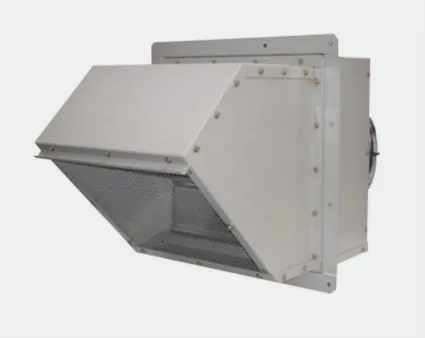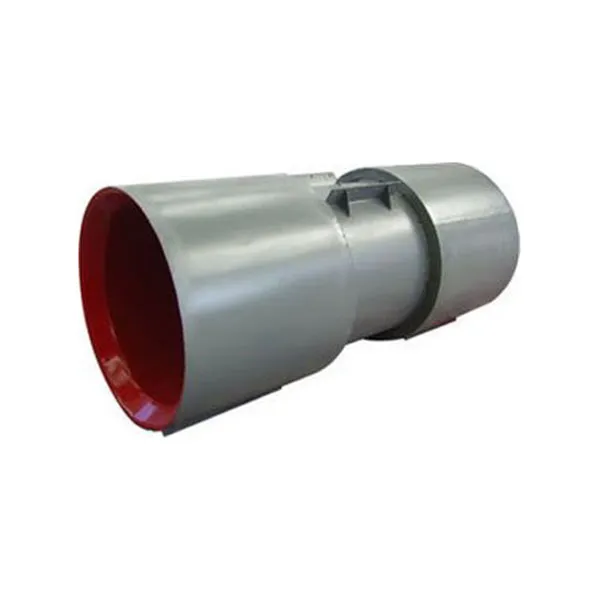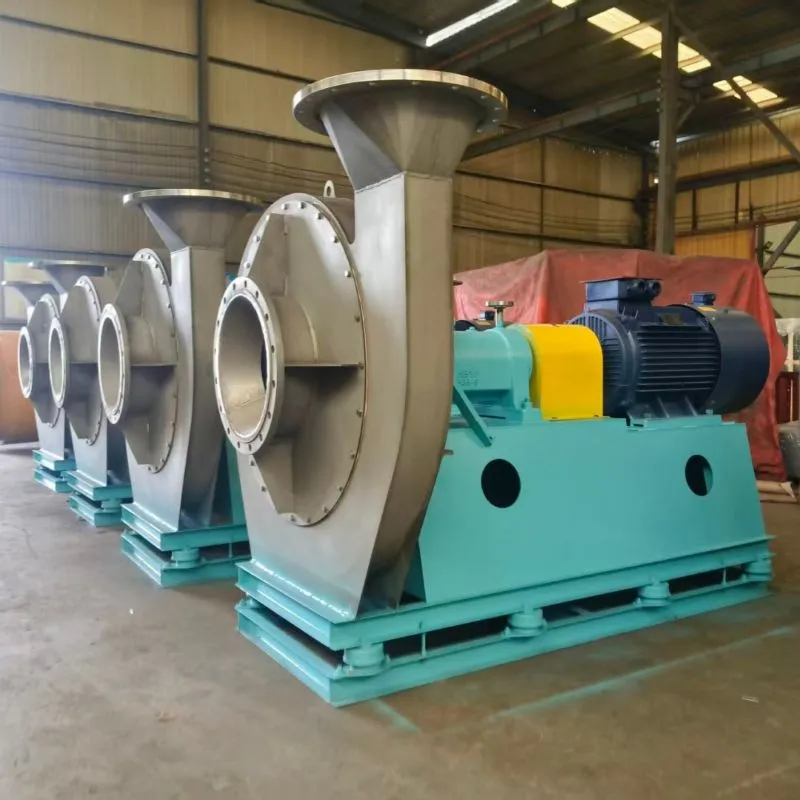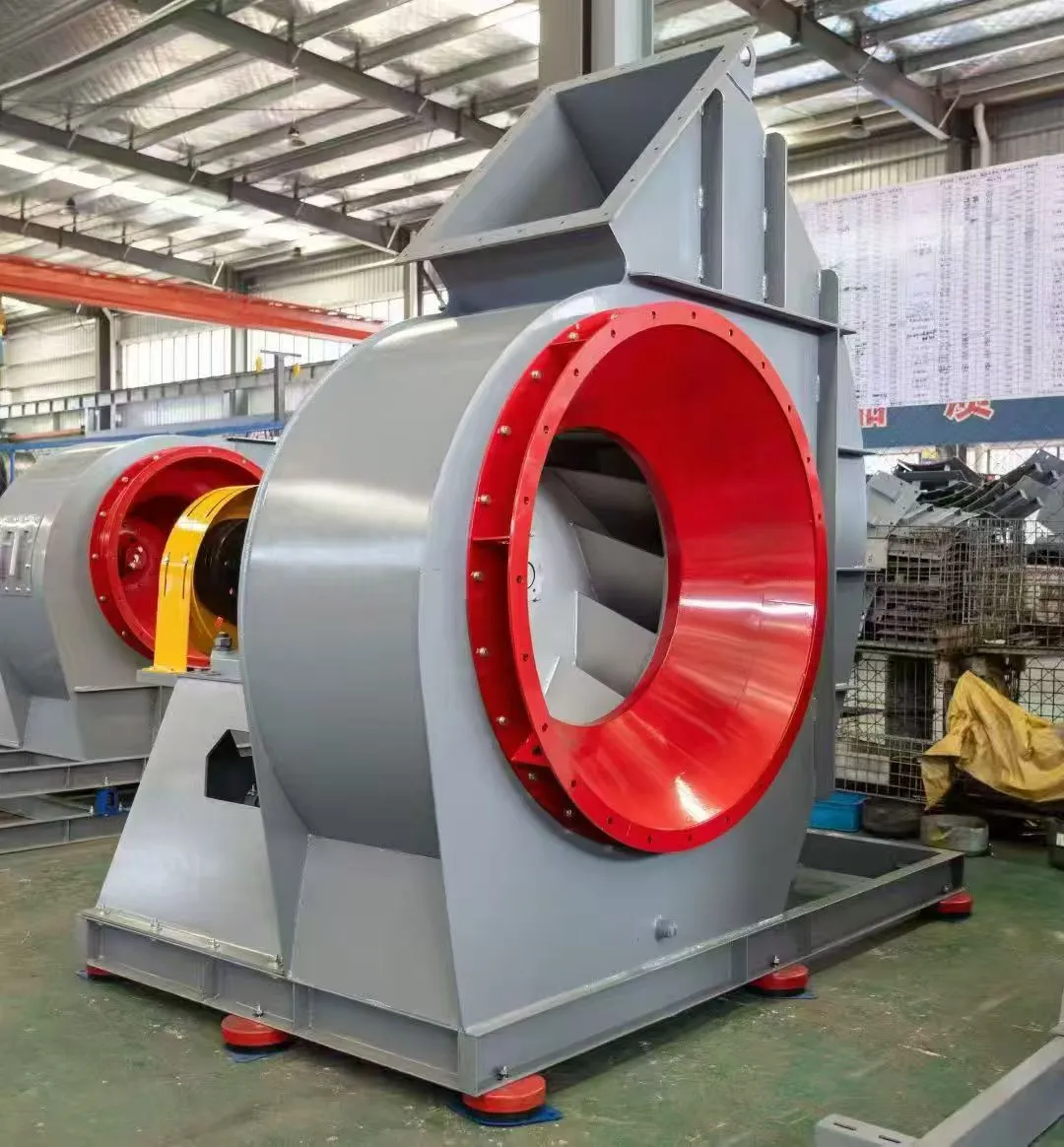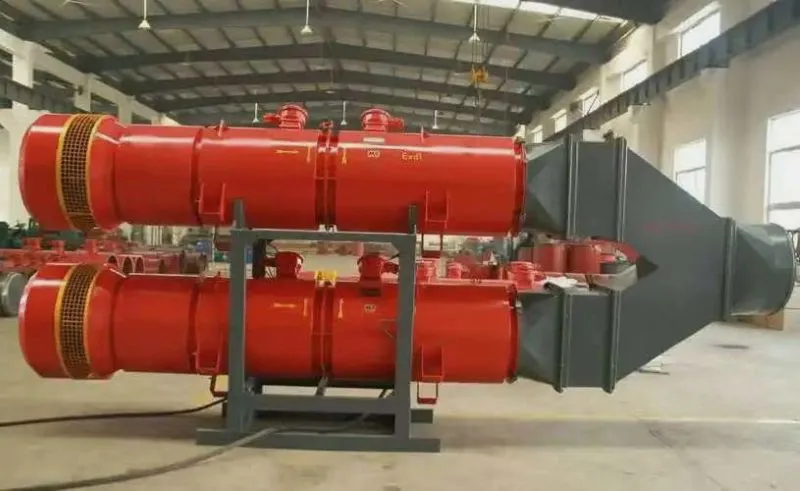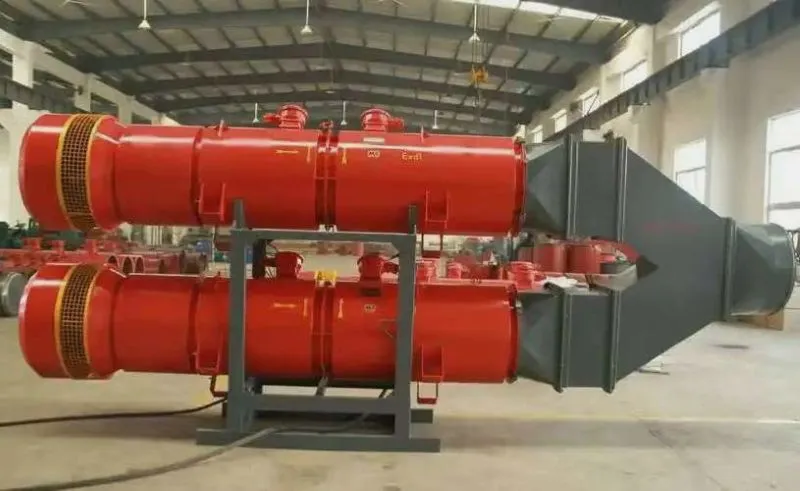Blowers mindeng overlooked dina diskusi ngeunaan perlindungan lingkungan, tapi maranéhna maénkeun peran krusial dina sagala rupa prosés aimed dina kelestarian. Aplikasina ngalangkungan sababaraha industri, nyayogikeun gerakan hawa anu dipikabutuh pikeun operasi anu bakal ngarugikeun lingkungan. Hayu urang teuleum kana kumaha alat penting ieu nyumbang kana ngajagaan dunya urang.
Yayasan: Ngarti Blowers
Blower tiasa saderhana dina desain-dasarna alat anu mindahkeun hawa-tapi dampakna penting. Salaku conto, dina pabrik pengolahan cai limbah, blower nyayogikeun oksigén anu dipikabutuh pikeun baktéri aérobik pikeun ngarecah polutan. Tanpa mesin ieu, efisiensi ngolah cai limbah bakal turun, nyababkeun kontaminasi lingkungan anu langkung ageung.
Kuring ngelingan hiji conto dimana fasilitas ditingkatkeun kana blowers hémat énergi ti Zibo Hongcheng Fan Co., Ltd. Aranjeunna ngalaman teu ngan hiji serelek 20% dina konsumsi énergi tapi ogé nyatet hiji kamampuhan perlakuan ditingkatkeun. Ahéng, éta henteu ngan hiji serelek di waragad-aranjeunna ngalaporkeun bédana ukuran dina purity kaluaran perlakuan.
Nanging, milih blower anu leres henteu ngan ukur ngeunaan rating énergi. Ieu ngeunaan pamahaman sarat husus tina sistem Anjeun-tekanan, volume, jeung dénsitas sagala variabel nu peryogi tinimbangan. Kuring geus katempo proyék flounder sabab parameter ieu teu ditaksir leres, ngarah kana inefficiencies operasional.
Aplikasi sareng Dampak Lingkunganna
Industri pertambangan, kasohor tantangan lingkungan na, employs blowers éksténsif. Fans kawas maranéhanana ti Zibo Hongcheng Fan Co., Ltd, dipikawanoh pikeun fans aliran axial pertambangan maranéhanana, anu kritis dina ventilating tambang. Ventilasi anu leres mastikeun kasalametan pagawé sareng ngaminimalkeun sékrési gas ngabahayakeun kana atmosfir.
Blower ieu, nalika diterapkeun leres, ogé ngaoptimalkeun suhu di jero tambang, ngirangan kabutuhan sistem AC tambahan. Éta cara anu kirang dikenal, tapi efektif pikeun ngirangan tapak suku karbon sakabéh operasi pertambangan. Kuring geus niténan kasus dimana efisiensi sapertos ditarjamahkeun kana ngurangan émisi, aligning kagiatan industri hadé jeung standar lingkungan.
Di sisi anu sanésna, kuring sakali konsultasi dina proyék dimana kasalahan pamilihan nyababkeun runtah énergi anu ageung. Ieu mangrupikeun conto klasik pikeun ningali kaayaan iklim lokal, nyababkeun katergantungan kaleuleuwihan kana sistem kontrol iklim tambahan. Spésifikasi blower anu leres tiasa ngahindarkeun pitfalls éta.
Peran Téhnologi jeung Inovasi
Incorporating téknologi canggih di blowers geus furthered kontribusi maranéhna pikeun panyalindungan lingkungan. Variabel frékuénsi drive (VFDs) jeung sensor pinter geus revolutionized kumaha blowers beroperasi, sahingga pikeun real-time pangaluyuan jeung tabungan énergi signifikan.
Hiji proyék husus datang ka pikiran dimana integrasi téknologi ieu ngurangan biaya operasional ku ampir 30%. Data real-time anu disayogikeun ku aranjeunna ngamungkinkeun pangropéa prédiksi anu langkung saé - pendekatan proaktif anu kedah diadopsi ku sadaya perusahaan, langkung-langkung nalika ningal dampak lingkungan tina operasina.
Sanajan kitu, kurva inovasi lungkawing. Kuring parantos nyaksian kasus dimana integrasi téknologi sapertos kitu henteu sapertos anu direncanakeun. Pausahaan underestimated latihan diperlukeun pikeun staf maranéhanana atawa overestimated kasaluyuan jeung sistem aya. Palajaran di dieu jelas: évolusi dina téknologi kedah cocog sareng évolusi dina kaahlian sareng prosés tenaga kerja.
Studi Kasus jeung Kasuksesan Dunya Nyata
Zibo Hongcheng Fan Co., Ltd., kalawan rentang lega miboga leuwih 50 runtuyan blowers, geus nyumbang ka loba proyék suksés sakuliah dunya. Kipas na nawiskeun solusi anu cocog pikeun kabutuhan industri, mastikeun efisiensi lingkungan sareng operasional.
Sebutan anu penting bakal janten kipas tahan korosi, anu janten hit di industri anu aya dina prosés kimia. Fans ieu tahan lingkungan kasar tanpa kompromi kinerja, exemplifying kumaha desain wijaksana caters duanana bisnis jeung tungtutan ékologis.
Inovasi khusus aplikasi sapertos nunjukkeun kauntungan lingkungan anu nyata. Dina manah unggal proyék suksés nyaéta blower anu sanés ngan ukur sapotong alat sanés tapi mangrupikeun landasan pikeun operasi sustainable.
Refleksi jeung Perspektif Future
Perjalanan blowers ti movers hawa basajan ka mitra kelestarian integral lumangsung. Salaku industri di sakuliah dunya narékahan pikeun operasi greener, paménta pikeun blowers inovatif tur efisien ngan bakal tumuwuh.
Nalika urang mikirkeun masa depan, urang moal tiasa mikir ngeunaan poténsi ngahijikeun sumber énergi anu tiasa dianyari sareng sistem blower canggih. Naha blower tenaga surya tiasa janten arus utama? Atanapi panginten, kabisat salajengna bakal janten blower anu didorong ku AI anu nyaluyukeun operasi sacara lancar kana parobahan lingkungan éksternal.
Pamustunganana, paguneman ngeunaan panyalindungan lingkungan teu lengkep tanpa ngaku blower hina. Peranna henteu salawasna janten pusat, tapi kumargi Zibo Hongcheng Fan Co., Ltd. sareng perusahaan anu sami terus berinovasi, kontribusina pasti bakal langkung kuat sareng jauh. Tangtanganna tetep: kumaha urang tetep ngadorong wates pikeun masa depan anu langkung bersih sareng héjo?









